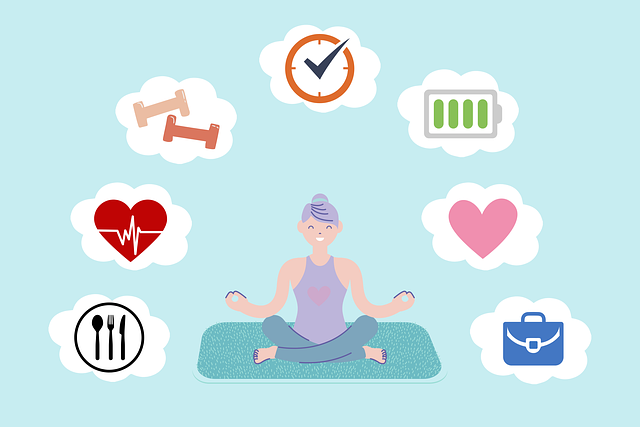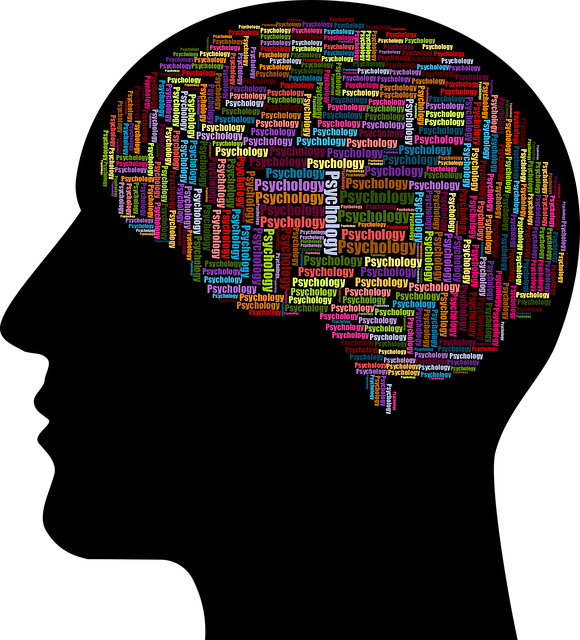Young adults and first responders face unique stressors impacting their mental health, highlighting the need for tailored therapy services. Cognitive Behavioral Therapy (CBT) effectively manages anxiety through negative thought pattern challenges, while mindfulness practices like meditation reduce stress. Regular physical activity is a powerful tool for stress reduction, offering emotional recovery and enhanced resilience, especially for first responders. Building social support networks and fostering open conversations about mental health are vital for preventing burnout and promoting well-being in these demographics.
Stress reduction is a vital practice, especially for young adults and first responders facing heightened pressure. This article explores powerful methods to combat stress, focusing on its profound impact on these populations. We delve into evidence-based approaches such as Cognitive Behavioral Therapy (CBT), mindfulness techniques, physical activity, and the importance of social support. By understanding stress and implementing these effective strategies, individuals can enhance their resilience and overall well-being, ensuring a healthier and more balanced life. Discover practical ways to manage stress tailored for young adults and first responders.
- Understanding Stress and Its Impact on Young Adults and First Responders
- Cognitive Behavioral Therapy: A Powerful Tool for Stress Management
- Mindfulness Practices to Calm the Mind and Body
- Physical Activity and Exercise as Effective Stress Relievers
- Social Support and Community Building for Resilience and Well-being
Understanding Stress and Its Impact on Young Adults and First Responders

Stress is a prevalent issue among young adults and first responders, impacting their mental health and overall well-being. These individuals often face unique challenges that can lead to increased stress levels, such as academic pressures, social expectations, and high-pressure work environments. For young adults, finding a balance between education, career aspirations, and personal life can be demanding. Similarly, first responders like police officers, firefighters, and paramedics encounter traumatic events regularly, which can contribute to significant stress and potential burnout.
Understanding the impact of stress on this demographic is crucial. Unmanaged stress can lead to various issues, including anxiety, depression, and physical health problems. It may also hinder their ability to perform effectively in both personal and professional spheres. Therapy and support services tailored for young adults and first responders are essential. These may include specialized therapy for stress management, burnout prevention, social skills training, and healthcare provider cultural competency training, ensuring they receive the necessary tools to navigate their stressful circumstances successfully.
Cognitive Behavioral Therapy: A Powerful Tool for Stress Management

Cognitive Behavioral Therapy (CBT) has emerged as a powerful tool for managing stress, particularly effective for young adults and first responders grappling with anxiety relief. This form of therapy focuses on identifying and changing negative thought patterns that contribute to emotional distress, thereby facilitating healthier emotional regulation. By understanding and challenging distorted perspectives, individuals can develop more adaptive coping mechanisms, leading to improved well-being.
CBT is well-suited for first responders who often face high-stress situations, offering them a means to process traumatic experiences and prevent the onset of prolonged stress or post-traumatic stress disorder (PTSD). Through CBT, young adults dealing with everyday stressors can also learn valuable emotional healing processes, empowering them to navigate challenges more effectively.
Mindfulness Practices to Calm the Mind and Body

Mindfulness practices offer a powerful therapy for young adults and first responders dealing with stress and anxiety. By focusing on the present moment, mindfulness helps to calm both the mind and body, reducing the physical and emotional symptoms associated with stress. Techniques such as meditation, deep breathing exercises, and mindful movement can be easily incorporated into daily routines, providing effective stress reduction strategies without requiring extensive time or resources.
For those struggling with mental wellness, journaling can serve as a valuable tool to enhance mindfulness. Writing down thoughts and emotions allows individuals to gain clarity and perspective, fostering emotional intelligence and depression prevention. The act of expressing oneself through writing becomes an act of self-care, providing an outlet for processing experiences and promoting overall mental health. This form of exercise guidance is accessible and adaptable, catering to diverse needs and preferences in the quest for stress reduction.
Physical Activity and Exercise as Effective Stress Relievers

Physical Activity and Exercise have emerged as powerful tools for managing stress, particularly relevant for young adults navigating demanding lifestyles and those in high-pressure professions like first responders. Regular movement and exercise serve as an effective therapy, promoting emotional healing processes and offering a natural coping mechanism to combat mental illness stigma reduction efforts. Engaging in physical activities releases endorphins, often referred to as ‘feel-good’ hormones, which can significantly reduce stress and improve overall well-being.
For first responders, who frequently encounter traumatic situations, incorporating exercise routines into their daily schedules is a proactive approach to depression prevention. It provides an outlet for tension release, enhances mental resilience, and promotes a healthy work-life balance. Whether it’s joining a fitness class, going for a run, or practicing yoga, these activities offer a much-needed respite from the demands of their professions, fostering emotional recovery and stress management.
Social Support and Community Building for Resilience and Well-being

Building a strong social support network is an essential aspect of stress reduction and fostering resilience, particularly for young adults navigating life’s challenges. The sense of belonging and connection offered by communities can be a powerful tool in enhancing mental well-being. For first responders or individuals dealing with trauma, joining support groups tailored to their experiences can provide a safe space to share stories, process emotions, and gain perspective from peers facing similar struggles. This sense of camaraderie and mutual understanding is crucial in combating the isolation often associated with high-stress jobs and personal traumatic events.
Community building goes beyond support groups; it involves creating environments that promote open conversations about mental health. Encouraging peer-to-peer connections can help reduce the stigma surrounding mental illness, a significant barrier to seeking therapy for young adults. By fostering a culture of support and understanding, communities can empower individuals to prioritize their mental well-being, offering practical advice on stress management techniques such as Mind Over Matter principles. This collective effort in burnout prevention is vital for maintaining resilience among first responders and other vulnerable groups.
Stress reduction is a vital tool for improving the well-being of young adults and first responders, two groups often facing unique pressures. By incorporating cognitive behavioral therapy, mindfulness practices, regular physical activity, and fostering strong social support networks, individuals can effectively manage stress and enhance their overall resilience. These strategies empower them to navigate life’s challenges with greater ease, ensuring a healthier and more balanced future.











